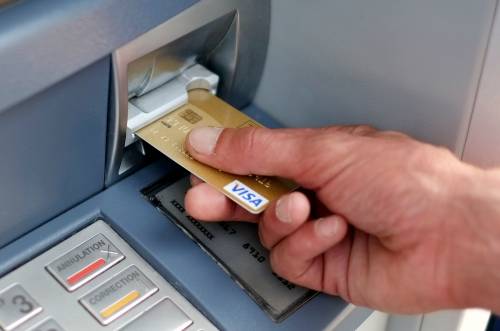Central Bank Of Nigeria Slashes ATM Charges, Inter-bank Transfer Fees
Posted by Samuel on Sat 29th Jan, 2022 - tori.ng
According to a report by Sun News, some soothing news came the way of the public on Friday evening as the Central Bank of Nigeria (CBN) announced a downward review of charges and rates on transactions across the banking ecosystem.
This was contained in the CBN new ‘Guide to Charges by Banks Other Financial and Non-Financial’, which applies to financial and non-financial institutions under its licence or regulatory purview.
The guide shows that the banking sector regulator has slashed the charges on some transactions including Standing Order Charge (In-Branch); ATM Maintenance fees; electronic fund transfers and bulk payments among others.
CBN notes that the Standing Order charge for intra-bank will be free instead of the N300 contained in the 2017 guideline.
With regards to interbank transfers, the CBN reduced the charges to a maximum of N50 per transaction compared to the N300 held in 2017.
Bills payment (including bills payment through other e-channels) is Negotiable subject to a maximum of N500 per beneficiary payable by sender, a review from the N1,200 or 0.75 per cent for a biller or merchant to pay.
Electronic funds transfer has also been reviewed downwards to N10 charge for a transaction below N5000; N26 for transaction of N5001 to N50,000 while transactions above N50,000 will be charged N50.
Withdrawals on other banks’ ATMs have been reduced from N65 to N35 after the third withdrawal within the same month.
The CBN also reduced ATM bill payment from N100 to N50. Debit card maintenance charges that were N100/month have been removed in the new guideline.
In 2019, the CBN announced a reduction of all bank charges, with some getting more than 50 per cent cut, which took effect from January 1, 2020.
According to the apex bank, the decision, which came amid public outcry against multiplicity and value of the charges, was aimed at making financial services more accessible and affordable to various stakeholders in the economy.














































